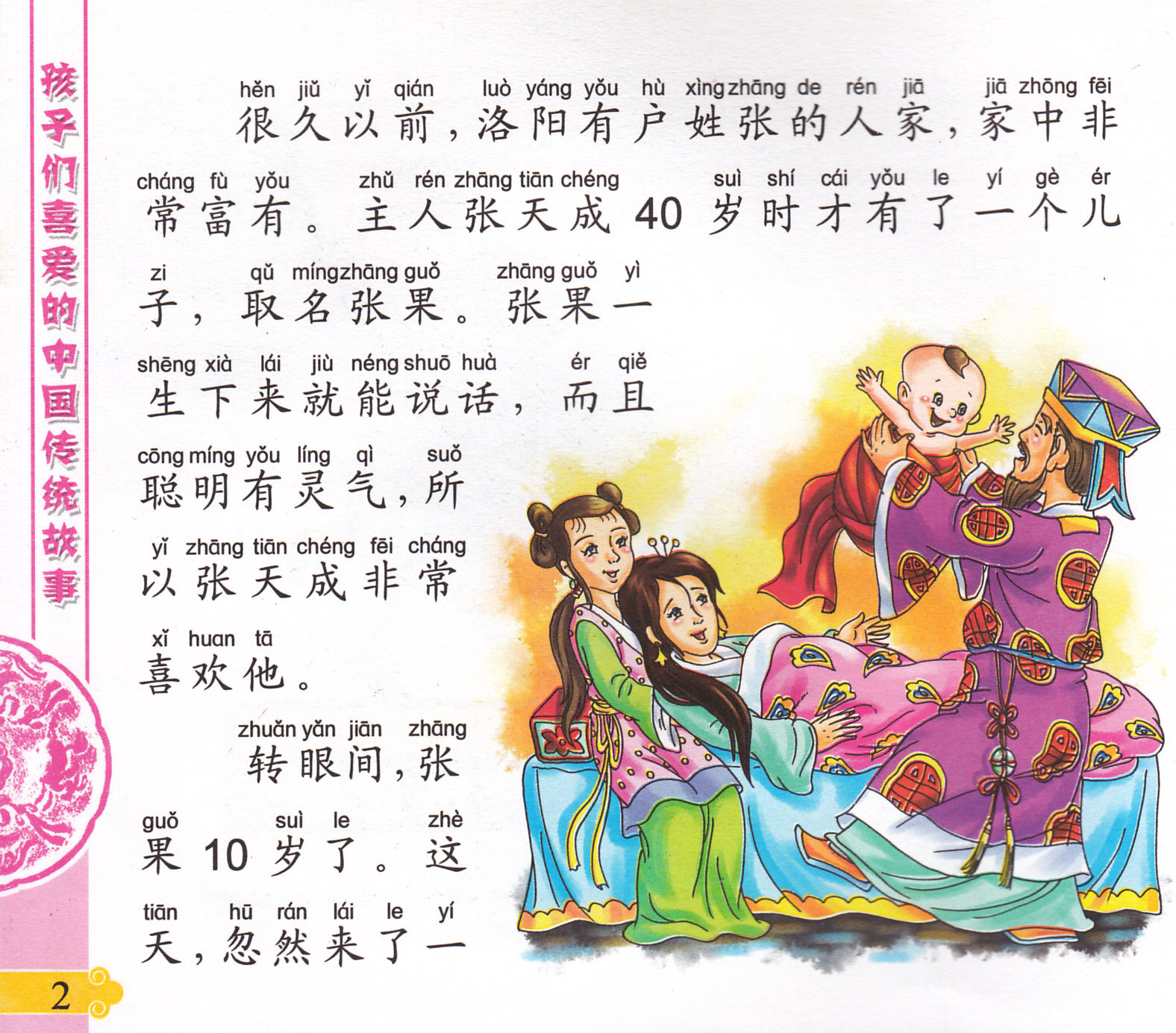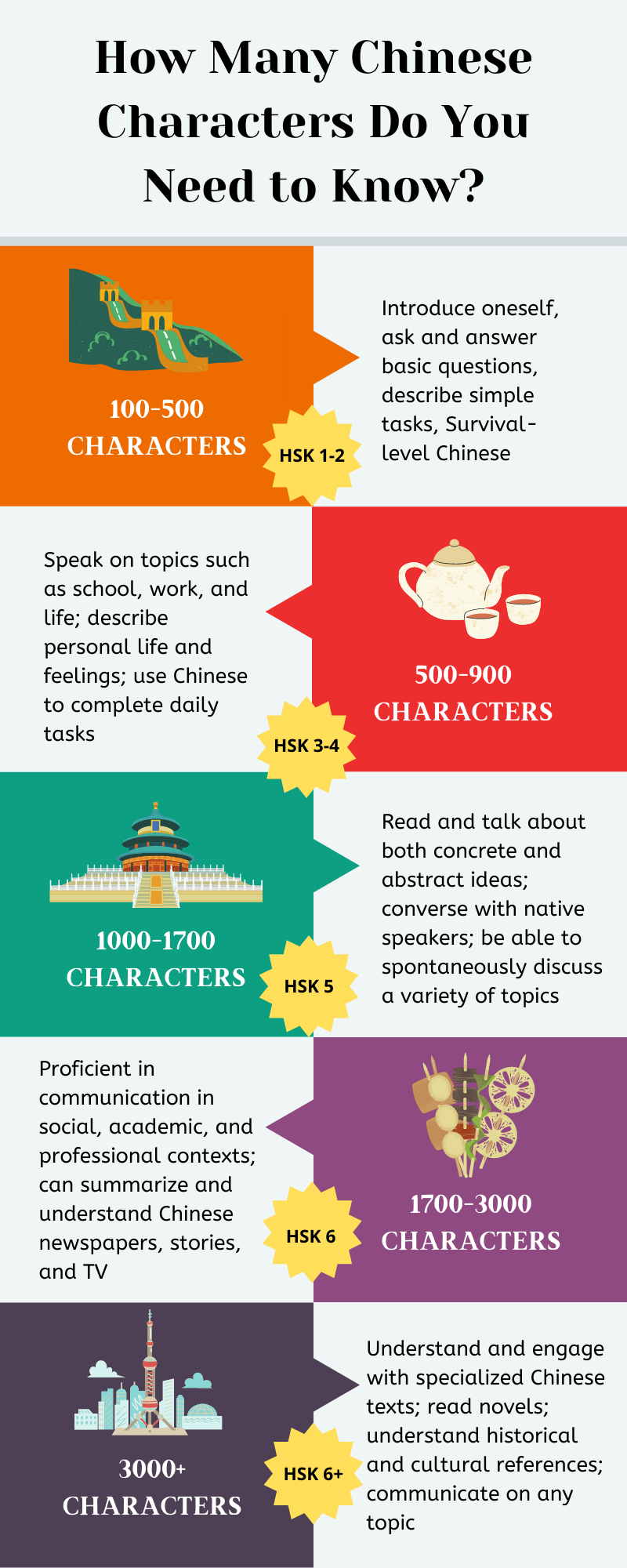Can a 13 Year Old Learn Chinese in China?
Learning Chinese at a young age can be a rewarding yet challenging experience, especially when immersed in the language’s native environment. For a 13-year-old, studying Chinese in China offers unique advantages, such as daily exposure to the language, cultural immersion, and interactive learning opportunities. However, factors like adaptability, educational support, and personal motivation play crucial roles in determining success. While younger learners often absorb languages more naturally, the intensity of Mandarin’s tones and characters can still pose difficulties. This article explores whether a 13-year-old can effectively learn Chinese in China, examining the benefits, potential obstacles, and strategies to maximize language acquisition during this formative age.
Can a 13-Year-Old Successfully Learn Chinese While Living in China?
1. Is 13 a Good Age to Start Learning Chinese?
Yes, 13 years old is an excellent age to start learning Chinese. At this stage, the brain is still highly adaptable, making it easier to absorb new languages. Immersion in China accelerates learning due to constant exposure to native speakers and cultural context.
| Advantages | Challenges |
|---|---|
| Strong cognitive flexibility | Initial difficulty with tones |
| Faster pronunciation acquisition | Complex writing system |
2. What Are the Best Learning Methods for a Teenager in China?
A combination of formal classes, language apps, and daily practice with locals works best. Enrolling in an international school or language program ensures structured learning, while interacting with peers reinforces fluency.
See AlsoDragon Boat Festival Story: A Poet, a Fall and Some Delicious Zongzi!| Method | Benefit |
|---|---|
| Immersion programs | Real-life practice |
| Flashcards (Hanzi) | Improves character recognition |
3. How Long Does It Take to Become Fluent?
With consistent effort, a 13-year-old can achieve conversational fluency in 1–2 years. Full proficiency (reading/writing) may take 3–5 years, depending on study intensity and exposure.
| Level | Estimated Time |
|---|---|
| Basic communication | 6–12 months |
| Advanced fluency | 3+ years |
4. Are There Challenges Specific to Young Learners?
Yes, motivation and cultural adjustment can be hurdles. Teens may struggle with discipline or feel isolated initially. Parental support and engaging activities (e.g., martial arts, calligraphy) help maintain interest.
| Challenge | Solution |
|---|---|
| Homesickness | Join expat communities |
| Complex grammar | Use visual learning tools |
5. What Resources Are Available in China for Teen Learners?
China offers language schools, tutoring centers, and online platforms like DuChinese. Public libraries and language exchange meetups provide additional practice opportunities.
See AlsoAn introduction to extensive reading for Chinese learners| Resource | Type |
|---|---|
| Mandarin House | Language school |
| HelloTalk | App for language exchange |
Can a 13 year old learn Chinese?

Is 13 a Good Age to Start Learning Chinese?
Yes, 13 years old is an excellent age to start learning Chinese. At this stage, cognitive abilities are well-developed, and the brain is still highly adaptable to acquiring new languages. Here’s why:
- Neuroplasticity: Teen brains are flexible, making it easier to absorb tones, characters, and grammar.
- Motivation: Personal interest or school requirements can drive consistent practice.
- Resources: Access to apps, tutors, and online courses tailored for younger learners.
What Are the Challenges for a 13-Year-Old Learning Chinese?
While achievable, learning Chinese at 13 comes with unique hurdles:
See AlsoThe History of Gourds in China- Tones: Mandarin’s four tones can be tricky without early exposure.
- Characters: Memorizing thousands of Hanzi requires patience and repetition.
- Time management: Balancing schoolwork and language practice demands discipline.
How Can a 13-Year-Old Make Chinese Learning Fun?
Engaging methods are key to sustaining interest. Here are effective strategies:
- Interactive apps: Duolingo or HelloChinese gamify learning.
- K-dramas/C-pop: Media immersion improves listening and cultural understanding.
- Language exchange: Partnering with a native speaker via platforms like Tandem.
What Resources Are Best for a Teen Learning Chinese?
Selecting the right tools accelerates progress. Consider these top resources:
- Textbooks: Integrated Chinese series for structured lessons.
- YouTube channels: ChinesePod or Yoyo Chinese for visual learners.
- Flashcards: Anki or Pleco for character memorization.
How Long Does It Take for a 13-Year-Old to Become Fluent?
Fluency timelines vary, but consistent effort yields results. Factors include:
See AlsoChinese Emperors and Empresses: The Fall of the Northern Song- Study intensity: Daily practice vs. weekly classes impacts speed.
- Immersion: Summer programs or trips to China accelerate learning.
- Goals: Basic conversation (1-2 years) vs. advanced fluency (5+ years).
What grade is a 13 year old in China?

What Grade Is a 13-Year-Old Typically In?
In China, a 13-year-old student is usually in 7th or 8th grade, depending on their birth date and the local education system. The Chinese academic year starts in September, so students born before September 1st will be in a higher grade than those born after.
- Most 13-year-olds are in 7th grade if they turn 13 after September 1st.
- Those who turn 13 before September 1st are typically in 8th grade.
- The compulsory education system in China covers grades 1–9, so a 13-year-old is still in middle school.
How Does the Chinese Education System Structure Grades?
The Chinese education system divides schooling into primary (grades 1–6), middle (grades 7–9), and high school (grades 10–12). A 13-year-old falls within the middle school phase.
- Primary school lasts for six years (ages 6–12).
- Middle school covers three years (ages 12–15).
- High school is optional but competitive, lasting three years (ages 15–18).
What Subjects Do 13-Year-Olds Study in China?
13-year-olds in China follow a rigorous curriculum, including core subjects like math, Chinese, and English, alongside sciences and humanities.
- Mandatory subjects: Math, Chinese, English, Physics (from 8th grade), Chemistry (from 9th grade).
- Additional courses: History, Geography, Political Studies, and Physical Education.
- Extracurriculars: Many schools emphasize exam preparation for high school entrance.
How Do Regional Differences Affect Grade Placement?
While the national standard places 13-year-olds in 7th or 8th grade, regional policies or rural-urban divides can cause slight variations.
- Urban areas strictly follow the September 1st cutoff for grade placement.
- Rural schools may have more flexibility due to fewer resources or delayed enrollment.
- Private or international schools might align with Western systems (e.g., starting 8th grade at 13).
What Are the Academic Expectations for 13-Year-Olds in China?
Chinese middle schools set high academic expectations, with a focus on standardized testing and discipline.
- Homework load: Often exceeds 2–3 hours daily to prepare for the Zhongkao (high school entrance exam).
- Parental involvement: Many families hire tutors or enroll students in after-school classes.
- Competition: Students face pressure to rank highly in class and on national exams.
How do kids learn Chinese in China?

Formal Education in Schools
In China, children begin learning Mandarin Chinese formally in primary school, where it is the primary language of instruction. The curriculum focuses on:
- Pinyin: The romanization system helps kids pronounce characters correctly.
- Character writing: Students practice strokes and radicals to build foundational literacy.
- Reading comprehension: Textbooks include classical and modern Chinese literature.
Parental Involvement at Home
Parents play a crucial role in reinforcing language skills through:
- Bedtime stories: Reading aloud to improve vocabulary and listening skills.
- Flashcards: Drilling characters and phrases for memorization.
- Conversational practice: Encouraging daily dialogue in Mandarin at home.
Extracultural Activities
Beyond classrooms, kids engage in immersive experiences like:
- Calligraphy classes: Blending art with character learning.
- Language competitions: Recitation contests to boost fluency.
- Traditional festivals: Cultural events reinforce idiomatic expressions.
Technology-Assisted Learning
Digital tools are widely adopted, including:
- Educational apps (e.g., HelloChinese): Gamified character drills.
- Online tutors: Live video sessions for personalized coaching.
- Animated shows: Programs like Peppa Pig Chinese for context-based learning.
Daily interactions solidify language acquisition through:
- Peer communication: Schoolmates converse exclusively in Mandarin.
- Public signage: Constant exposure to characters in urban environments.
- Media consumption: Cartoons, songs, and news in Mandarin dominate entertainment.
How much Chinese can I learn in 1 year?

Factors That Influence How Much Chinese You Can Learn in 1 Year
The amount of Chinese you can learn in a year depends on several key factors:
- Time commitment: Daily study sessions of 1-2 hours yield better results than sporadic learning.
- Learning method: Immersion programs accelerate fluency compared to self-study alone.
- Prior experience: Familiarity with tonal languages or characters may speed up progress.
Realistic Language Milestones for 1 Year of Chinese Study
With consistent effort, achievable goals in 12 months include:
- Basic conversations: Greetings, shopping, and simple daily interactions.
- 300-500 characters: Recognition of common Hanzi for reading signs/menus.
- HSK 2-3 level: Understanding elementary grammar and sentence structures.
Effective Study Strategies for Accelerated Chinese Learning
Maximize progress with these strategies:
- Spaced repetition: Use apps like Anki for character retention.
- Language exchange: Practice with native speakers weekly.
- Media immersion: Watch Chinese shows with subtitles for listening practice.
Common Challenges When Learning Chinese in 1 Year
Obstacles learners often face include:
- Tonal pronunciation: Mastering four tones requires dedicated practice.
- Character memorization: Radicals and stroke order demand repetition.
- Grammar differences: Topic-comment structures differ from English.
Resources to Optimize Your 1-Year Chinese Learning Journey
Recommended tools for efficient study:
- Textbooks: Integrated Chinese or HSK Standard Course for structure.
- Apps: HelloChinese or Pleco for on-the-go practice.
- Tutoring: iTalki for personalized feedback on speaking.
Frequently Asked Questions (FAQ)
Is 13 a good age to start learning Chinese in China?
Absolutely, 13 is an excellent age to begin learning Chinese, especially in an immersive environment like China. At this stage, teenagers have strong cognitive abilities and can absorb new languages more effectively than adults. Being surrounded by native speakers and daily exposure to the language accelerates fluency and cultural understanding. Schools and language programs in China often cater to younger learners, making it easier for a 13-year-old to adapt and thrive.
What are the best programs for a 13-year-old to learn Chinese in China?
China offers various language programs tailored for young learners, including summer camps, international schools, and private tutors. Many programs combine language classes with cultural activities, ensuring a fun and engaging experience. Researching accredited institutions or consulting with educational agencies can help find the best fit for a 13-year-old’s learning style and goals.
How long does it take for a 13-year-old to become fluent in Chinese in China?
The time required to achieve fluency depends on the student’s dedication, prior language experience, and immersion level. On average, a 13-year-old studying intensively in China may reach conversational fluency in 6–12 months. However, advanced proficiency could take 2–3 years of consistent practice. Regular interaction with locals and participation in language-rich environments significantly speeds up progress.
What challenges might a 13-year-old face when learning Chinese in China?
While learning Chinese in China is highly beneficial, a 13-year-old might encounter challenges like homesickness, cultural shock, or difficulty with Chinese characters. However, these obstacles can be overcome with proper support, such as enrolling in a structured program, joining peer groups, or having a host family to provide emotional and academic guidance.
Leave a Reply

Related Posts